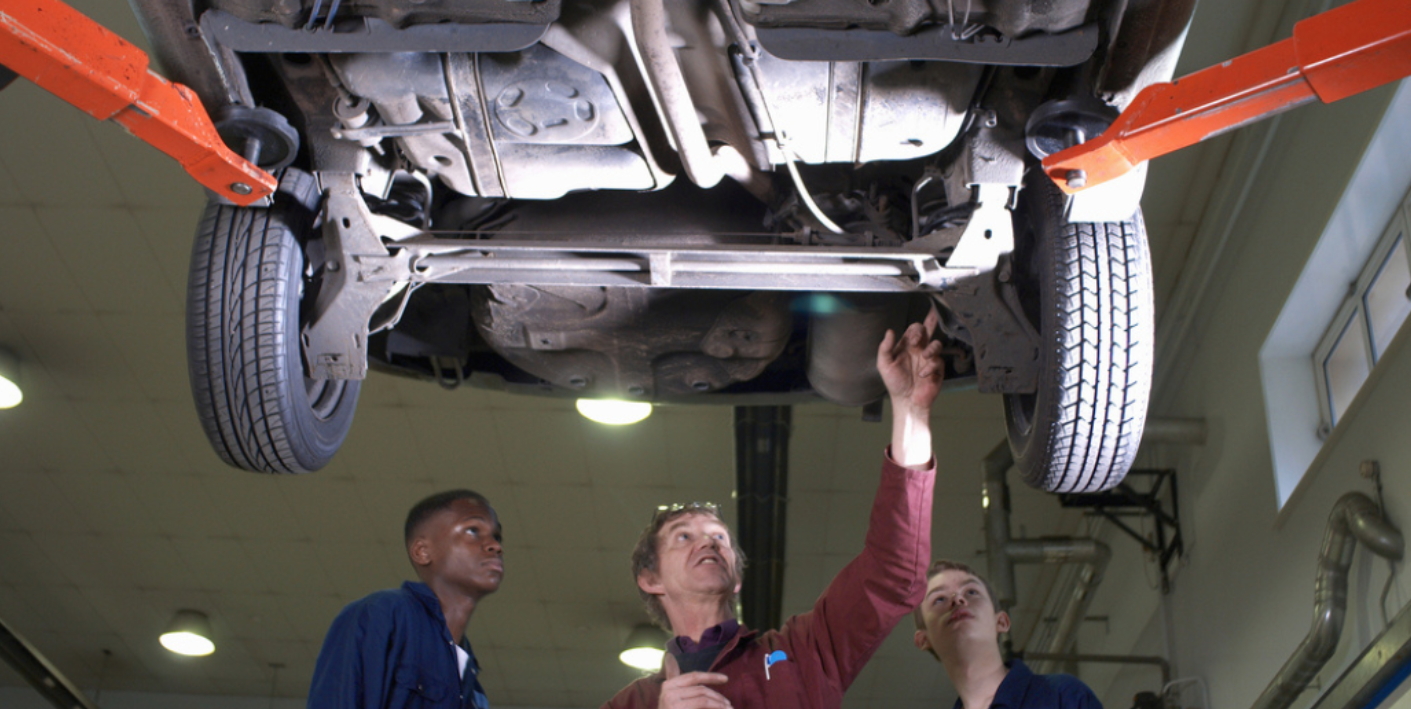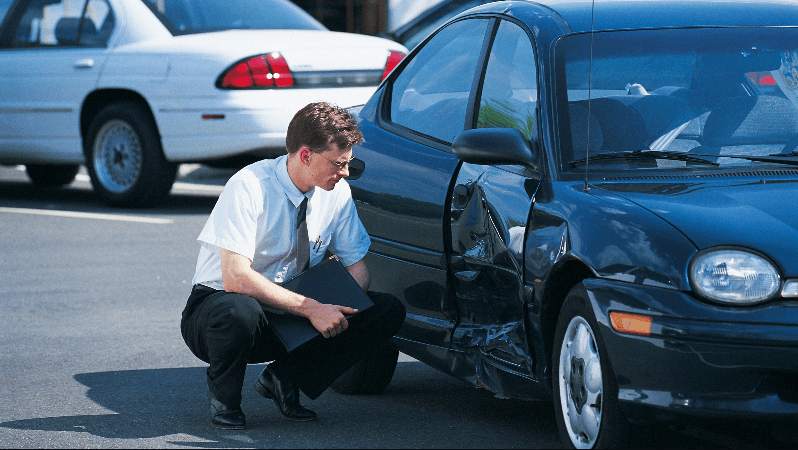If you filed a diminished value (DV) claim and are now thinking about selling your car, you’re not alone. Many people wonder if selling a vehicle during or after the DV process could hurt their payout. The short answer: it depends.
In this article, you’ll learn how selling impacts your claim. We’ll walk through the timing, ownership rules, legal risks, and smart steps to protect your rights. By the end, you’ll know exactly how to sell without weakening your DV position.
Let’s break it down.
Quick Answer: Does Selling Affect Your DV Claim?
Can You Still Receive a Payout After Selling?
Yes — in most cases, you can still receive a payout even after the car is sold. But timing and documentation are key. If the claim is still pending and you’re no longer the owner, your insurer might challenge your right to recover losses.
Does Ownership Status Matter During Processing?
Absolutely. Most insurers prefer the person filing the claim to be the current owner. If you sell the car while your DV claim is still open, they may ask for additional proof or even deny the claim. It’s safer to finalize the payout before transferring ownership.
Timing: When You Sell Makes a Difference

Selling Before Settlement
This is risky. If you sell before your DV claim is paid out, you could lose standing to collect. Insurers might say you’re no longer eligible since you’re not the owner.
Selling After Payment is Issued
This is the cleanest approach. Once the check is in your hands and the claim is closed, you’re free to sell without risk to your compensation.
Selling During the DV Claim Process
Possible, but complicated. You’ll need to notify the insurer and possibly assign the claim rights as part of the sale. This could delay or derail your claim.
Legal and Insurance Implications
Do You Need to Be the Owner to File?
In most states, yes. The legal right to recover DV usually rests with the person listed on the title at the time of the accident and during the claim process.
What If the New Owner Files Another Claim?
They typically can’t. DV applies to the loss caused by the original accident. Once it’s claimed, it can’t be double-dipped — even if the new owner tries.
Best Practices Before Selling
Gather All Repair and Appraisal Documentation
This builds a strong DV case. Include repair invoices, photos, and your appraisal report. The more proof you have, the easier it is to support your claim.
Notify the Insurer or Adjuster Before Sale
If your claim is still open, let them know. Ask how the sale will affect your case. Some insurers will need a signed statement or transfer form.
Consider Finalizing Your Claim First
If possible, hold off on selling until the payout is complete. It reduces risk and keeps the process cleaner on all sides.
Does Selling a Car Hurt Your DV Negotiation Power?

Perceived Loss of Interest in the Claim
Insurers might argue that you’ve moved on from the car, so the loss is no longer relevant. This can weaken your negotiation stance.
Reduced Leverage in Disputes
When you’re no longer the owner, it’s harder to push back if the insurer offers a lowball payout. You lose some leverage.
When Selling Could Actually Help Your Position
If you’ve already secured a high-quality appraisal and have solid documentation, selling doesn’t have to hurt. In rare cases, showing urgency to resolve the claim may even prompt a faster offer.
Expert Tips for Maximizing DV Payouts if Selling
Time the Sale Strategically
Wait until your claim is settled. Or, include language in the bill of sale clarifying that the DV payout remains yours.
Work With a DV Appraisal Specialist
They can provide a third-party report that strengthens your claim and speeds up negotiation — especially if you’re selling soon.
Avoid Gaps in Ownership Records
Make sure the title transfer date doesn’t conflict with your claim timeline. Keep copies of everything in case the insurer asks.
Final Thoughts: Claim First, Sell Smart
Selling a car doesn’t automatically kill your diminished value claim. But doing it the wrong way — or too soon — can cost you money. Finalize your claim when possible, or get professional help if you’re navigating both at once.
Bottom line: protect your financial interest first. Then sell with confidence.





